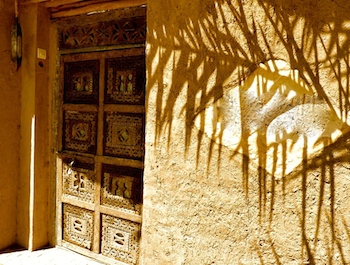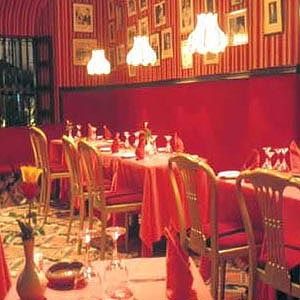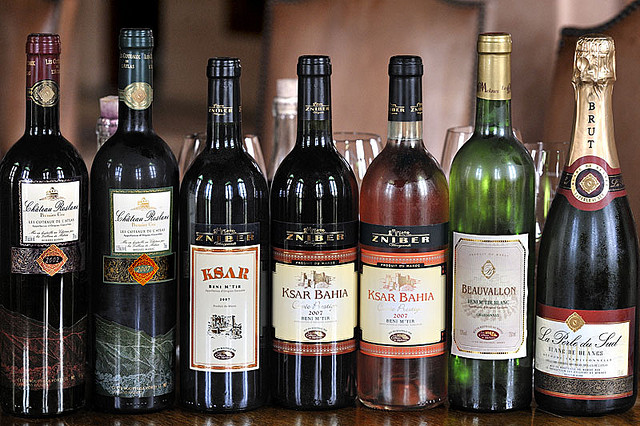Posts Tagged ‘Moroccan Wine’
#1: Visas are not required to enter Morocco and most Vaccinations are not necessary. If you are an American citizen, Canadian citizen or citizen of the European Union, Japan, Brazil or South Africa you can travel to Morocco visa free. To be on…
Wine bars are the new trend in Morocco. These new and upcoming Wine Bars offer a nice reprise for expats, travelers and those interested in a more local scene when traveling or living in Morocco. Wine bars in Morocco also offer a nice balance of wines ranging from imports to…
Wine production in Morocco is believed to have been introduced by Phoenician settlers, and was definitely established in the era of Ancient Rome. Large-scale wine production with extensive vineyards was introduced into Morocco by the French during the protectorate as it was in Algeria and Tunisia. Today’s regions in Morocco…




